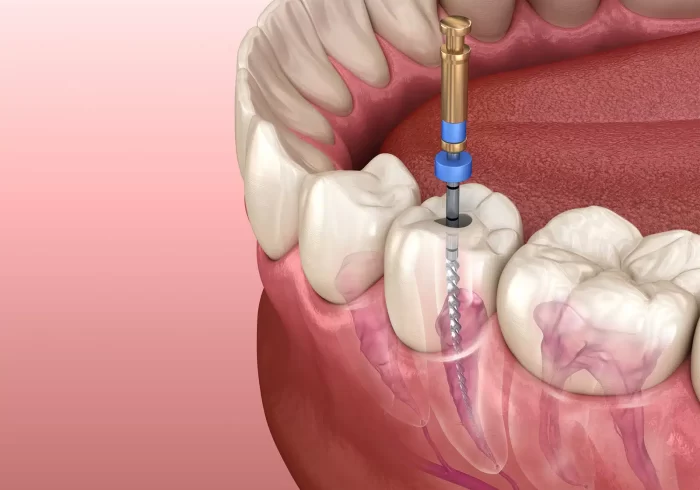Infertility in women has been on the rise. Unhealthy lifestyle habits, busy working schedules, and stress can make it harder for women to conceive. This can take a toll on your mental health and can end up straining your relationship.
University Reproductive Associates, take a personalized approach to infertility and offer many advanced solutions to improve your chances of conception.
Introduction to infertility
Infertility is a condition where you are unable to conceive after 12 months of trying naturally, without the use of any contraceptive. Or, pregnancies that end in miscarriages can also be termed infertility.
Infertility could be attributed to problems in both sexes and one cannot put the blame on any one partner.
Causes of infertility in women
Some possible causes of female infertility can include:
Problems with the uterus
- This includes polyps and fibroids that can be present since birth.
- Adhesions inside the uterine cavity that forms after a surgery like dilation and curettage, can also lead to infertility.
- Endometriosis may also eventually lead to infertility if not treated.
Issues with the fallopian tubes
- Pelvic inflammatory disease usually caused by chlamydia is the most common tubal factor for infertility.
Problems with ovulation
- Improper ovulation (release of a mature egg) is the leading cause of infertility.
- This could be due to hormonal imbalance (PCOS), stress, or thyroid disorders.
Problems with the egg quantity and quality
- Eggs having the wrong number of chromosomes can not fertilize or grow into a healthy fetus.
Infertility evaluation
Your doctor will evaluate your individual condition through the following:
- Detailed medical and family history
- History of previous pregnancies and miscarriages
- Physical and pelvic exam
- Lab tests like blood analysis to check the hormone levels
- Imaging tests like ultrasound scans, laparoscopy, or biopsies to uncover structural abnormalities
Treatment modalities for infertility
Based on your clinical evaluation and diagnostic findings, your doctor can determine the cause of infertility. This helps them design a customized treatment plan through innovative fertility solutions, such as:
- Prescription medications to improve ovulation
- In vitro fertilization (IVF)
- In utero insemination (IUI)
- Surgery to remove barriers (like polyps, or fibroids) that affect conception
Closure
Infertility can be incredibly stressful taking a toll on your mental health. If you have been trying to conceive for 12 months without success, or 6 months if you are over 35 years of age, reach out to your healthcare provider.
Once you are diagnosed, your healthcare professional can help you with the further course of action.








